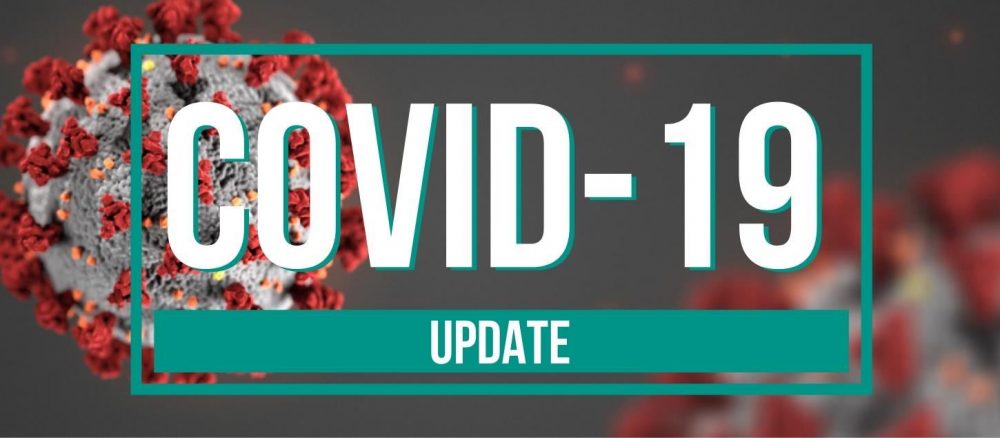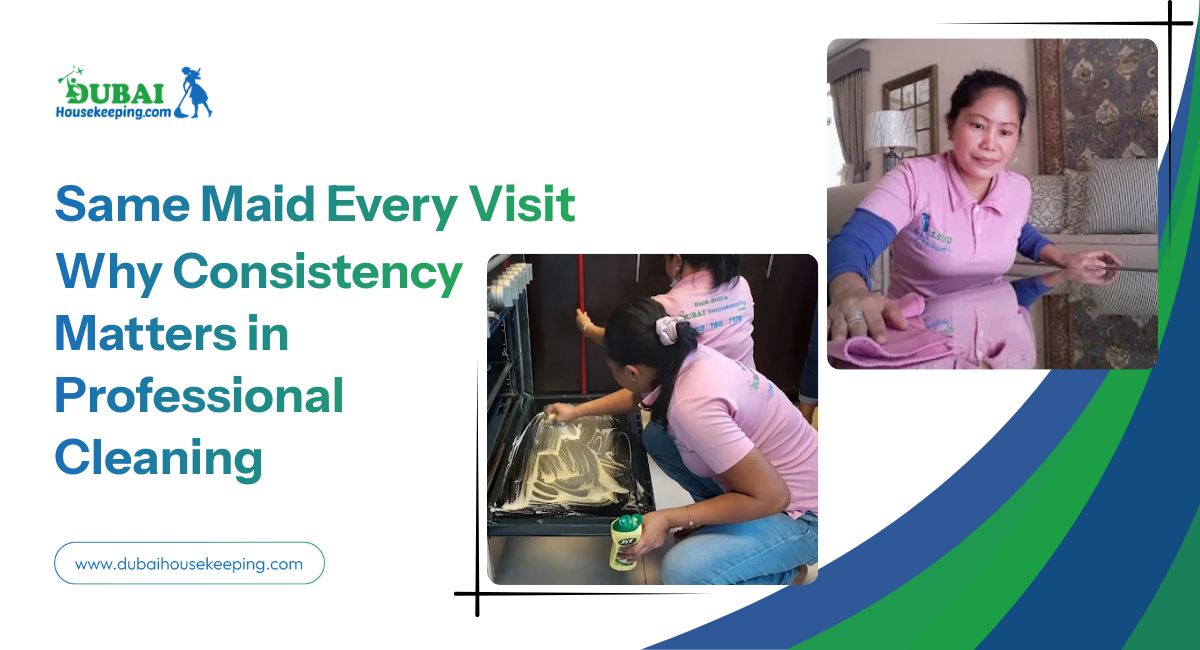Here we a list of covid-19 FAQs based on November 2020.
Q. What is novel Coronavirus 2019?
Ans. Novel Coronavirus 2019, or COVID-19, is a new respiratory virus that was first identified in Wuhan, China.
Q. Can the Coronavirus 2019 (COVID-19) be transmitted through the air?
Ans. Studies to date suggest that COVID-19 is mainly transmitted through contact with respiratory droplets rather than through the air.
Q. Who should be tested for COVID-19?
Ans. Anyone who has travelled abroad recently and then develops respiratory symptoms like fever, cough, or breathing difficulty, will be advised to visit their nearest primary health care centre for medical assessment and diagnosis.
Q. How long does the virus survive on surfaces?
Ans. It is not certain how long COVID-19 can survive on surfaces, but it seems to behave like other coronaviruses. Studies (including preliminary information on the COVID-19 virus) suggest that coronaviruses may persist on surfaces for a few hours or up to several days. This may vary under different conditions (such as the type of surface, and the temperature or humidity of the environment). If you think that a surface may be infected, clean it with simple disinfectant to kill the virus and protect yourself and others. Clean your hands with an alcohol-based hand rub or wash them with soap and water. Avoid touching your eyes, mouth or nose.
Q. What is quarantine?
Ans. Quarantines restricts the activities of healthy people for a period of time as determined by competent medical authorities.
Q. What is isolation?
Ans. Isolation is the separation of those who are infected, or those suspected of being infected, from those who are healthy and it lasts for the duration of the disease infection.
Q. How does the Coronavirus 2019 (COVID-19) spread?
Ans. People can catch COVID-19 from others who have the virus. The disease can spread from person to person through small droplets from the nose or mouth which are dispersed when a person with COVID-19 coughs, sneezes or exhales. These droplets land on objects and surfaces around the person. Other people then catch COVID-19 by touching these objects or surfaces, and then touching their eyes, nose or mouth. People can also catch COVID-19 if they breathe in droplets from a person with COVID-19 who coughs or exhales.
Q. How can I protect myself from contracting the disease?
Ans. The best way to prevent infection is to follow the preventive guidelines and precautions, which currently include staying at home and maintaining a social distance of at least one to two meters between you and people who are not members of your household. – Additional recommended preventive actions against this respiratory virus include the following: – Wash your hands regularly with soap and water for at least 20 seconds, or use an alcohol-based hand rub. – Avoid touching your eyes, nose and mouth before washing your hands. – Avoid contact with sick people who show respiratory symptoms. – Make sure that you, and the people around you, follow good respiratory hygiene. This means covering your mouth and nose with a tissue or your bent elbow when you cough or sneeze. Dispose of the used tissue immediately.
Q. What are the treatments for COVID-19?
Ans. There is currently no specific antiviral treatment recommended for COVID-19 infection. People infected with COVID-19 should receive supportive care to help relieve symptoms.
Q. Is COVID-19 the same as the MERS-CoV or SARS viruses?
Ans. No. Coronaviruses are a large family of viruses. Some cause illness in people, while others circulate among animals, including camels, cats and bats. The recently emerged COVID-19 is not the same as the coronavirus that causes Middle East Respiratory Syndrome (MERS) or the coronavirus that causes Severe Acute Respiratory Syndrome (SARS), which first emerged in 2003. There are ongoing investigations to learn more.
Q. I have symptoms. What should I do?
Ans. If you have mild symptoms and no history of travel in the last 14 days, we advise you to stay home and treat your symptoms as you would an ordinary cold or flu. If you returned from abroad within the last 14 days and are now experiencing symptoms, you should visit your nearest primary health care centre for a medical assessment. You are strongly urged to call one of the 24-hour help line numbers first, for instruction. You can also make use the Virtual Doctor, available online in MOHAP website, who can assess and advise you further.
Q. How do we know that people who have had the Corona virus are no longer infectious?
Ans. People with confirmed coronavirus infection have to stay in isolation under the care of medical specialists until they are cured and are no longer experiencing symptoms of the coronavirus infection. The specialist care team also assesses and confirms that they are no longer infectious.










